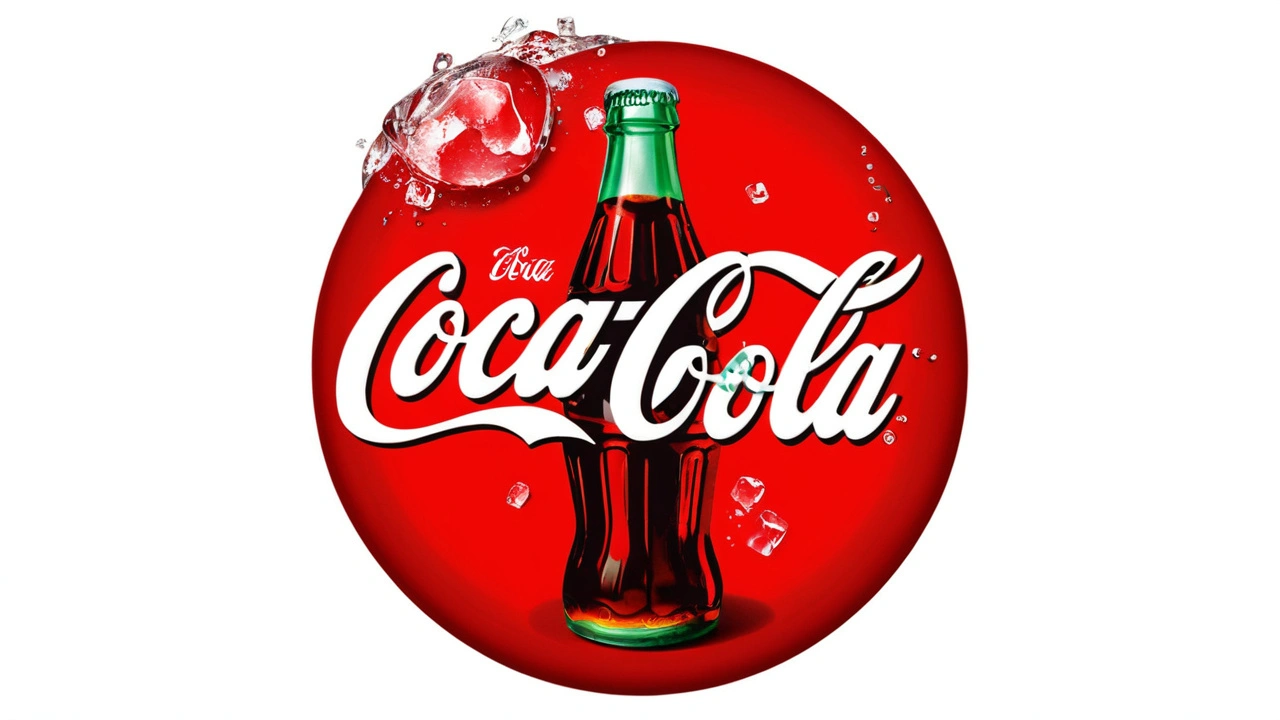Misleading Marketing: How to Spot False Claims and Save Your Money
Ever bought something that looked amazing in an ad but fell short in real life? That’s the trap of misleading marketing. Companies sometimes stretch the truth or leave out important info to make their products shine brighter. Learning to see through these tricks can save you frustration and money.
What Is Misleading Marketing Anyway?
Misleading marketing happens when ads give you the wrong idea, either by exaggerating benefits or hiding downsides. It could be a product promising quick results, secret ingredients that don’t actually help, or a deal that sounds too good to be true. These ads play on emotions and hopes, making you want the product before looking closely.
Think about an energy drink saying it boosts you for hours without side effects — but the label doesn’t mention high sugar or caffeine risks. Or an online sale claiming "limited stock" when they actually have plenty. When companies do this, they’re banking on you not checking the fine print.
How to Protect Yourself from Fake Promises
Don’t let flashy ads decide for you. Start by researching products before buying. Look for honest reviews from real users, not just glowing testimonials on the brand’s website. Check if independent groups have tested or certified the product.
Also, watch for red flags in ads. Are they vague about key details? Do they pressure you to buy quickly? Are they using confusing words or tiny font to hide important info? If yes, pause before trusting their claims.
In many places, laws exist against deceptive marketing, and consumer protection agencies can help if you suspect foul play. It’s worth knowing your rights and reporting misleading ads when you see them.
In a world full of flashy promotions and big promises, being a smart shopper means questioning what you see. Don’t let tricky marketing fool you—take a moment to dig deeper, so your money goes to products that actually deliver.

FCCPC Accuses Coca-Cola and NBC of Misleading Marketing Practices
The Federal Competition and Consumer Protection Commission (FCCPC) has charged Coca-Cola Nigeria and Nigerian Bottling Company with misleading customers through deceptive labeling and marketing of their products. The investigation revealed violations of the FCCPA and stressed that the companies consistently misrepresented product formulations.